Hire cybersecurity experts and Professionals

Hire cybersecurity experts and hackers
The Demand for Cybersecurity Experts and Hackers
The demand for cybersecurity experts and hackers is a thriving and expensive industry for those in tech and the developed world. Their impact in this computer generation cannot be downplayed, and there will always be reasons to be thankful for cybersecurity experts and hackers for the forensic works they do for us.
If we had to pinpoint one tech career with truly great prospects over the next couple of years, it would be cybersecurity. Demand for cybersecurity and ethical hacking professionals is massive. According to the Bureau of Labor Statistics, careers in network systems and information security were projected to grow by 77 percent through 2018—and that demand has only skyrocketed since.
Hackers often have a bad reputation, but these tech renegades actually do serve an important purpose.
Hire cybersecurity experts and hackers
Hire Cybersecurity Experts and Hackers
Hackers are an interesting subculture and, as such, they get a fair bit of attention from the media. The idea of a teenager breaking into high-security databases is fascinating and terrifying. However, hackers aren’t all teenagers, nor are they all focused on breaking into places they shouldn’t be.
In this article, we’ll look at reasons why the general public can actually be thankful for hackers.
The White Hat Hackers
Not all hackers are focused on stealing your data. In fact, hackers fall into three major subgroups:
- Black Hat Hackers – those who break into systems for illegal or financial gain.
- Gray Hat Hackers – those who break rules for recognition or challenge, without always seeking financial reward.
- White Hat Hackers – the ethical hackers who help organizations test, expose, and strengthen their security systems before malicious actors exploit them.
All three use similar tools and techniques, but their motives make the difference.
Reasons to Be Thankful for Cybersecurity Experts and Hackers

Hackers Helped Build the Personal Computer Revolution
Back in the early days of personal computing, many members of the Homebrew Computer Club would be considered hackers by today’s standards. These pioneers tinkered, experimented, and pushed boundaries.
Many of them were phone phreakers who manipulated telecom systems with whistles and blue boxes. From this curiosity came knowledge that shaped the future of computing.
Two such phreakers — Steve Jobs and Steve Wozniak — went on to build Apple. Others, like the legendary Captain Crunch, designed software that helped form Silicon Valley’s innovative culture.
This hacker mindset of curiosity, creativity, and boundary-pushing continues to shape today’s open-source movement. Much of the code powering the internet today was written, tested, and improved by hackers during hackathons.
Hackers as Innovators
Hackers don’t grow out of hacking — they evolve into innovators, cybersecurity specialists, and entrepreneurs.
- Mark Zuckerberg, founder of Facebook, proudly calls himself a hacker.
- Linus Torvalds, creator of Linux, was a hacker.
- Tim Berners-Lee, the inventor of the World Wide Web, was also one.
The hacker mindset has launched countless technological revolutions.
Hackers as Critics of Technology
While companies may view them as adversaries, hackers hold tech accountable. Their discoveries force corporations to fix vulnerabilities and create safer, more reliable products. Ultimately, consumers benefit from this relentless testing.
Hire cybersecurity experts and hackers
Yes, Hire black hat hackers who pose serious darkweb threats to catch a cheating spouse,
Hire white hat hackers and even some gray hats have done extraordinary things for society.
Hackers, much like motorcycle enthusiasts, are unfairly judged by the worst among them. The word hacker does not always equal criminal. Many are creators, builders, and defenders of the digital frontier.
Getting Into and Working in Cybersecurity

What does it take to succeed in cybersecurity? Experts describe it best:
- “Curiosity. Creativity. Persistence. The ability to think like a hacker.” — Chris Eng, VP at Veracode
- “We could use you in information security if you love solving problems and staying one step ahead.” — Conrad Constantine, Senior Research Engineer at AlienVault
- “In cybersecurity, you wear the white hat, but you must also think like a gray hat to stop attackers.” — Craig Kensek, AhnLab
- “This is a field that attracts analytical minds who love solving puzzles and exploring how systems break.” — Adam Wosotowsky, McAfee
Cybersecurity jobs span:
- Firewall administrators
- Incident response analysts
- Compliance auditors
- Security consultants
- Forensic investigators
- Penetration testers
The opportunities are vast, the compensation is strong, and the need is only growing.
As Michael Patterson (CEO, Plixer) says: “To thrive in cybersecurity, you must know what’s normal and what’s suspicious in network traffic — and that only comes with experience.”
Or in the words of Ken Smith, SecureState: “Security is a steep learning curve that never straightens out. You need passion, self-education, and persistence.”
Why Cybersecurity Is the Career of the Future

Cybercrime is evolving daily. From ransomware gangs to state-sponsored hackers, the demand for cybersecurity experts and hackers for hire has never been higher.
Organizations are hiring ethical hackers from trusted firms like cyberh4cks.com to simulate attacks, expose vulnerabilities, and protect digital assets before real criminals can strike.
Cybersecurity isn’t just a job — it’s a calling. It’s the battlefield of the digital world. And those who choose to step into it will shape the future of technology itself.




